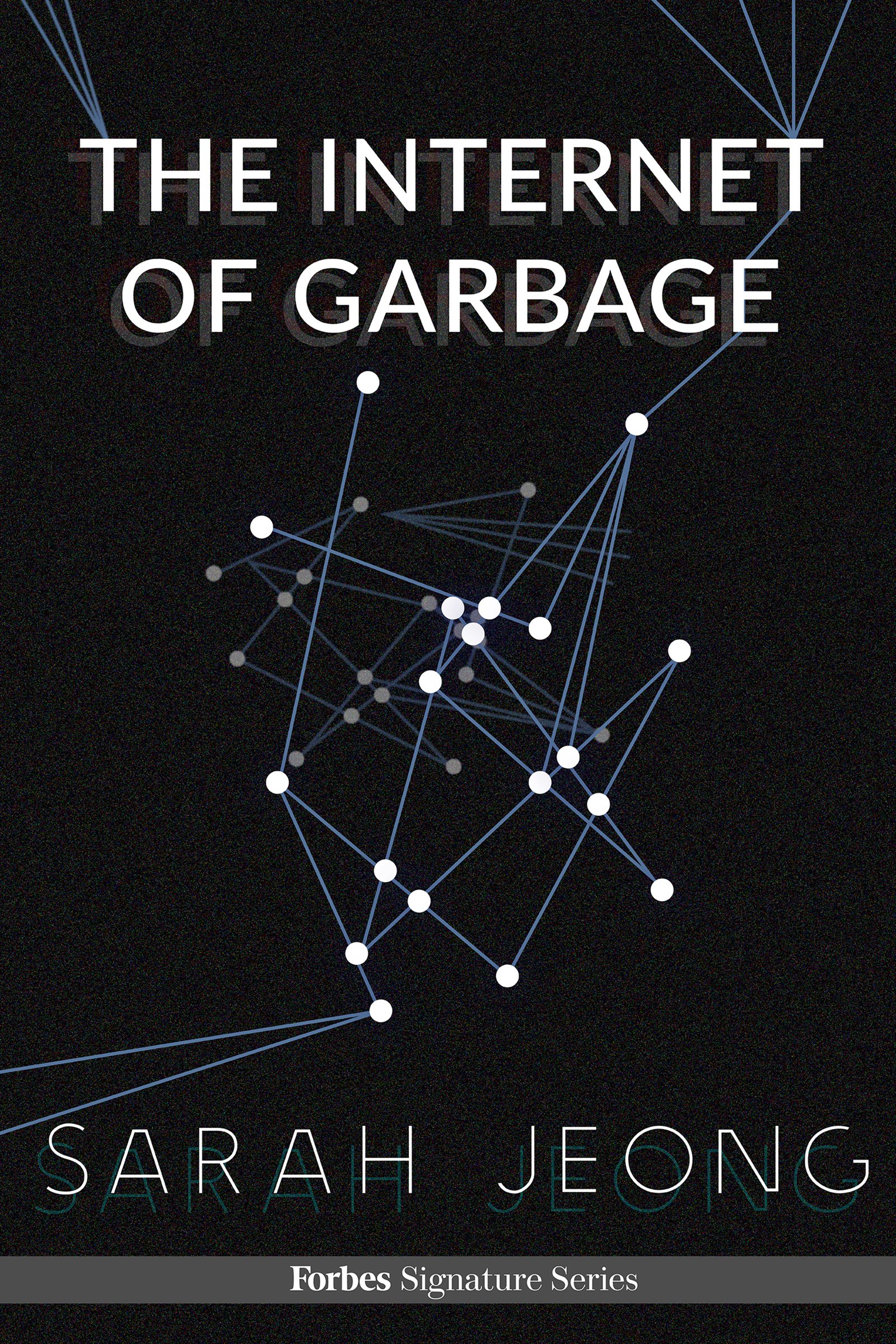What do you think?
Rate this book


Kindle Edition
First published July 15, 2015
I wrote the book with a tone of optimism I did not feel even at the time, hoping that by reaching the well-meaning policy teams across Silicon Valley, I might be able to spark change for the better.